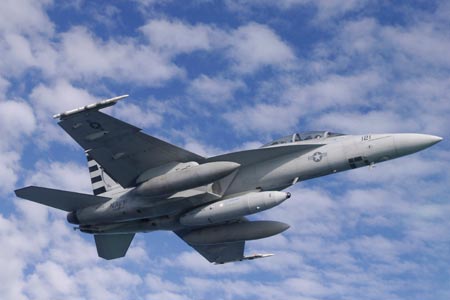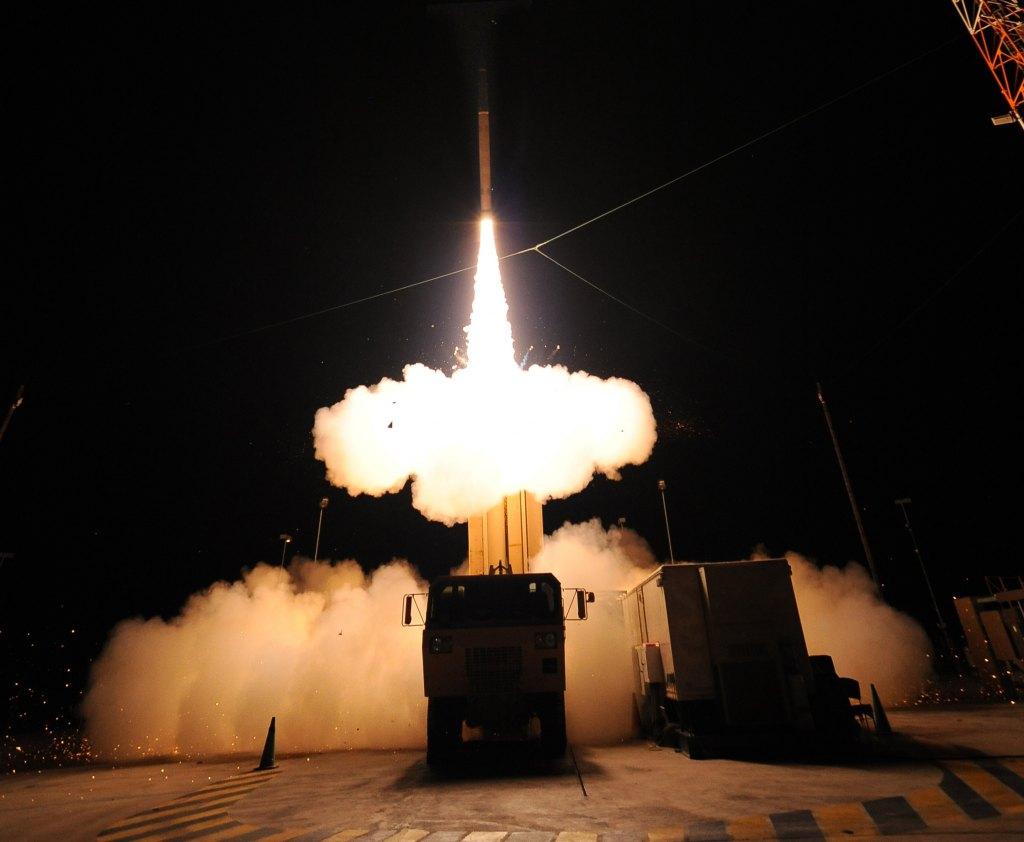ITT Exelis has been awarded a $238 million contract to begin full-rate production of the AN/ALQ-214 on-board jammer system on the F/A-18 aircraft.
This system (AN/ALQ-214 (v)4/5) is smaller and lighter than its predecessor and can be installed on both the legacy Hornet (F/A-18 C/D) and Super Hornet (F/A-18 E/F) variants. Under this contract, Exelis will provide 104 systems through fiscal year 2016.
“This contract award resulted from an innovative engineering approach and a proven track record of performance,” said Chris Bernhardt, Exelis executive vice president and president of the Electronic Systems division.
“Our long partnership with the U.S. Navy program team was essential to adopting a solution that will keep our Navy front-line fighters ahead of the most advanced threats to the F/A-18.”
The AN/ALQ-214 Radio Frequency Countermeasures (RFCM) system combines sensitive receivers and active countermeasures to electronically shield Navy fighters from radio frequency (RF) guided threats.
It is part of the Integrated Defensive Electronic Countermeasures (IDECM) system, which is the next-generation self-defense system for the U.S. Navy’s F/A-18.
“The RFCM system responds to threats autonomously with a series of measures to protect the aircraft from detection and fired threats,” said Rich Sorelle, vice president and general manager of the Exelis integrated electronic warfare business.
“This technology has been and will continue to be critical to mission success.”
ITT Exelis Electronic Systems division provides innovative integrated solutions for the global defense, intelligence, information assurance and commercial aerospace sectors.
As a leader in electronic warfare and communications, we leverage our experience and innovation to ensure the success of our customers’ critical missions.
Our technology leadership extends into the areas of airborne electronic attack, networked and satellite communications, counter-improvised explosive devices, airspace management, surveillance systems, airborne and shipboard radar, acoustic sensors, advanced composite structures and electronic weapons interfaces.











